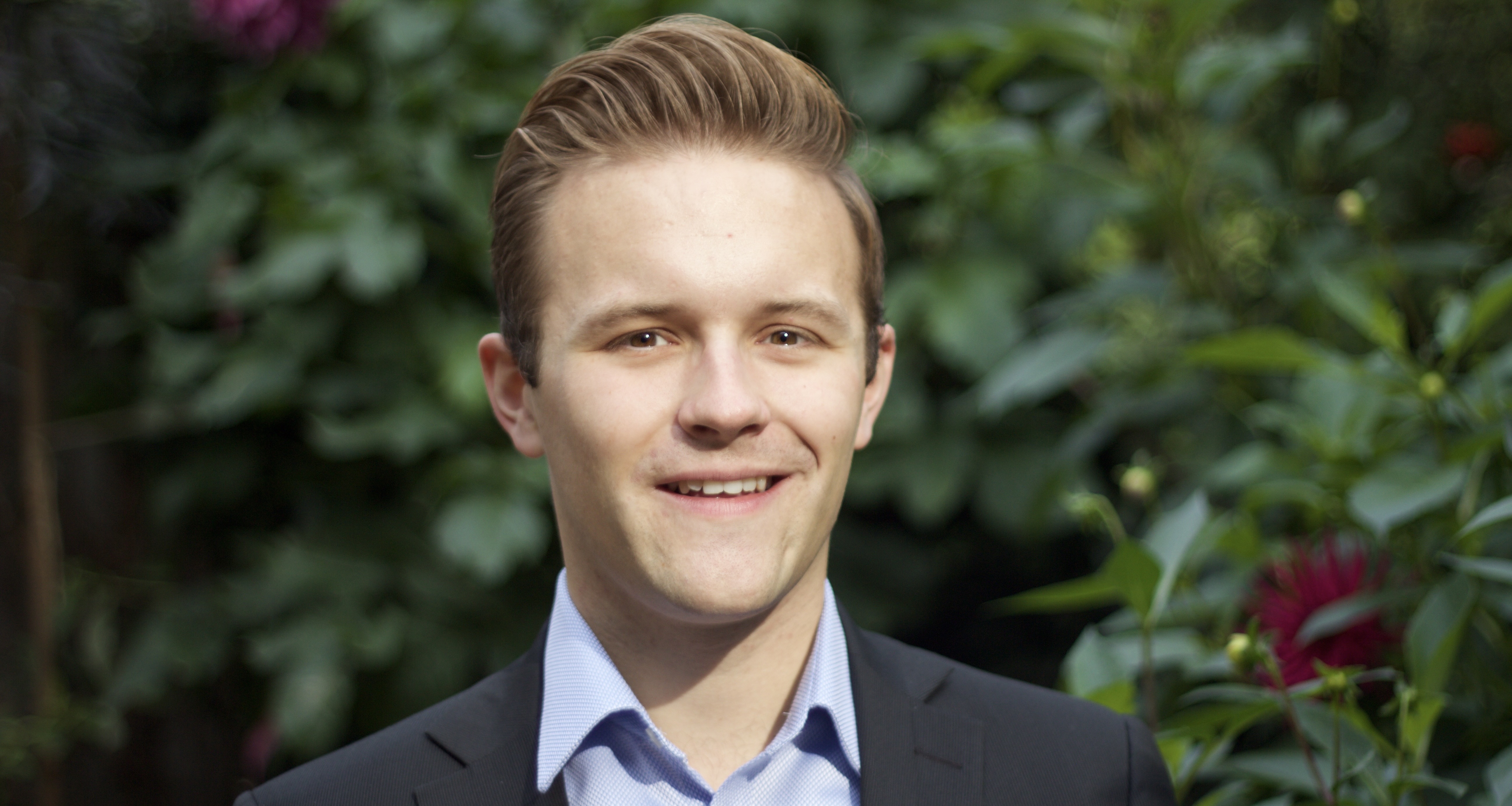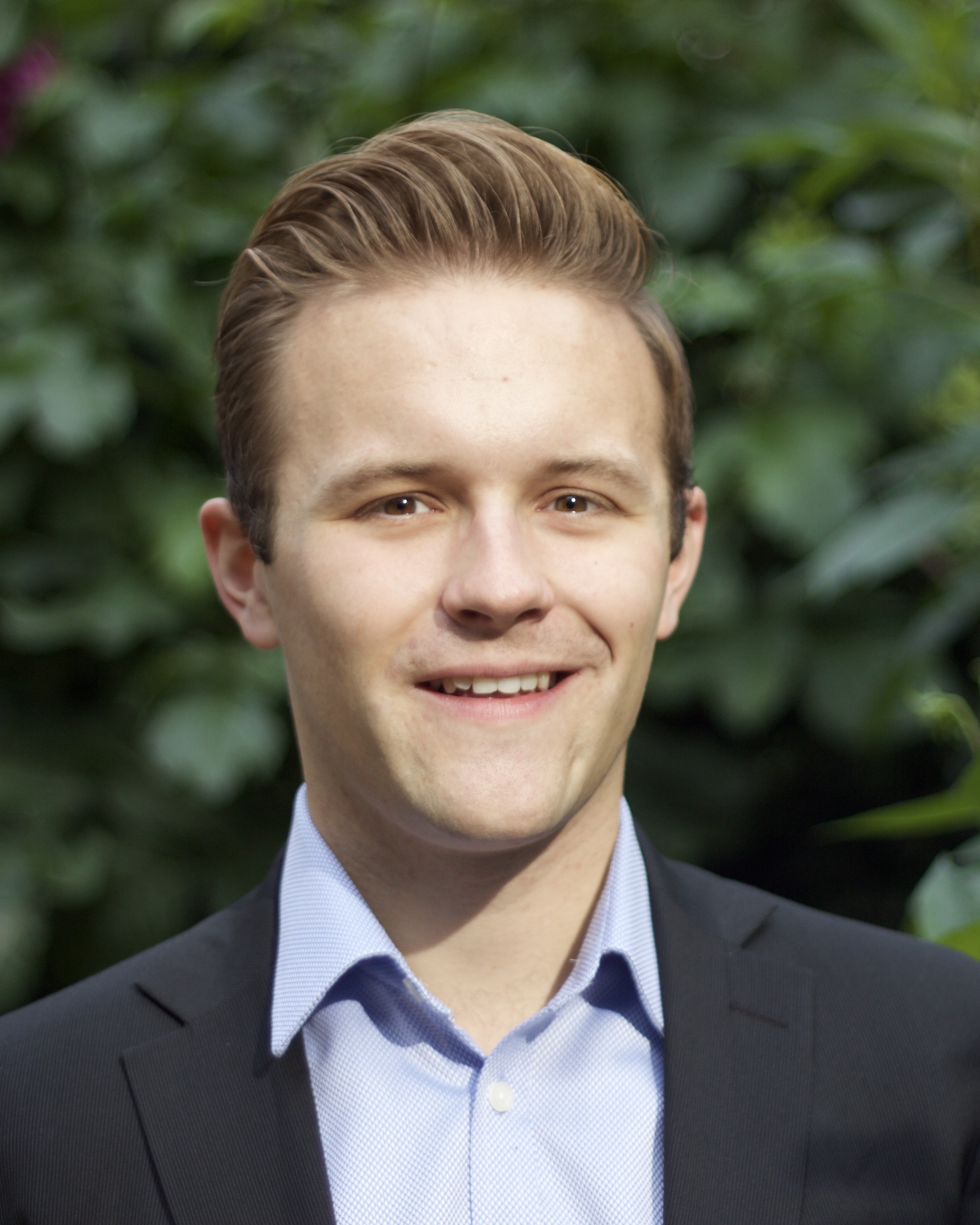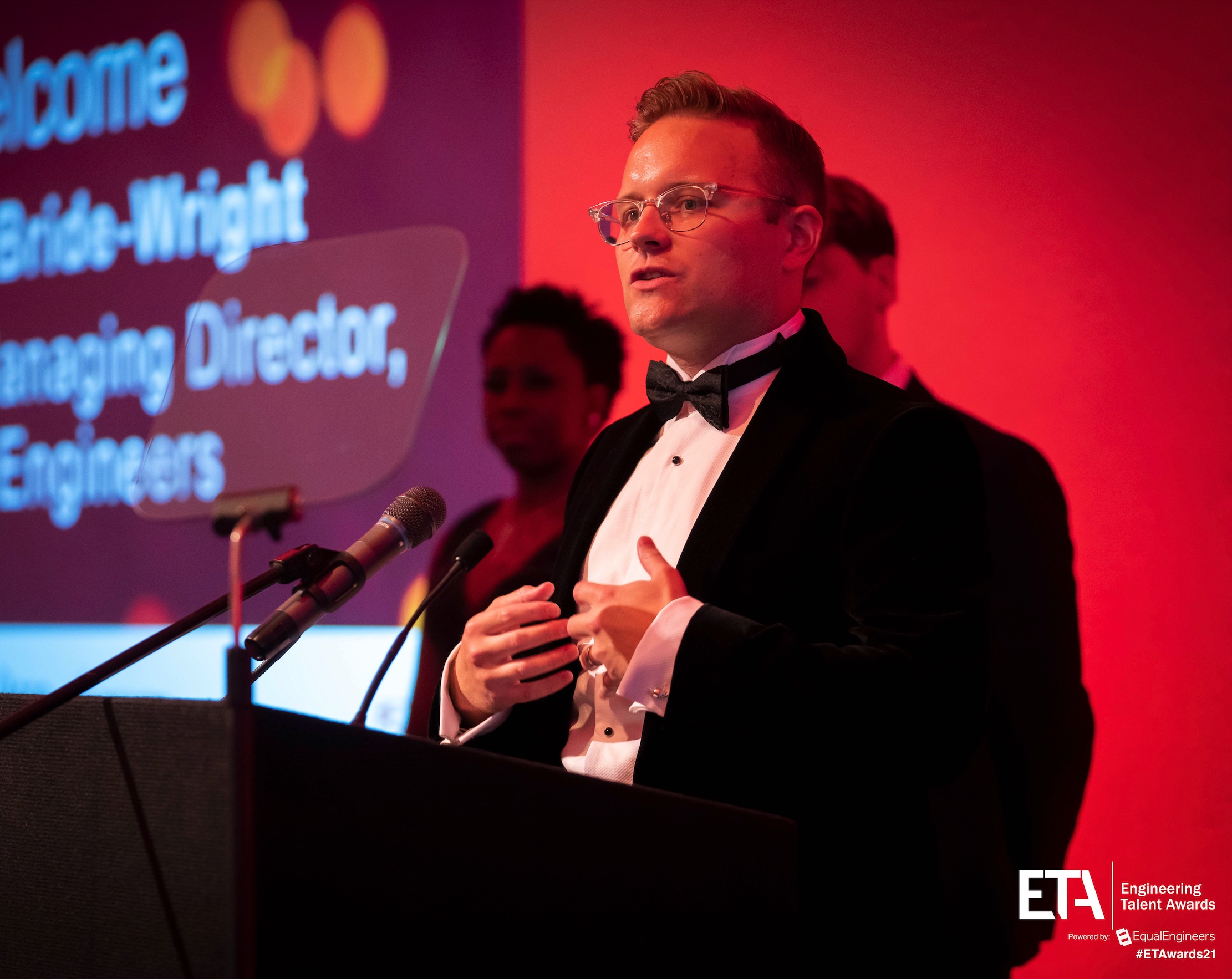Meet the gay man transforming engineering to support LGBTQ+ people
In partnership with ThisGeneration.

Words: Samuel Parry; pictures: Provided
Dr Mark McBride-Wright is promoting diversity in a straight white male sector with shocking suicide rates. However, it’s also an industry where men are nearly four times more likely to take their own life than those in any other profession, according to his research.
Couple that with the same industry “expecting men to behave in a certain way”, a significant minority of the profession thinking they should “treat women as objects” while expressing themselves through aggression and more than one in five reporting having lost a colleague to suicide – the circumstances look ever more desperate.
Now, add to the mix a serious lack of diversity and you will find the situation faced by Dr. Mark McBride-Wright – a gay safety engineer who’s worked in the engineering and construction sector for years, overseeing not only the challenges that the lack of diversity can bring but also the risks posed to health, safety and wellbeing – which he is now trying to change.

Dr Mark McBride-Wright, founder of EqualEngineers and diversity leader
While working for several major engineering firms, Dr. McBride-Wright set up the networking group InterEngineering for LGBT+ engineers. The organisation connects, informs, and empowers LGBT+ engineers and supporters.
Under Dr. McBride-Wright’s leadership, the group has become the leading organisation addressing LGBT+ inclusion in the engineering and construction sector engaging prominent engineering institutes and employers, with a membership of over 500 engineers.
Dr. McBride-Wright then authored a report for the UK Government on tackling homophobic, biphobic, and transphobic bullying in engineering and has since been working with Westminster on the implementation of his recommended measures.
In turn, this gave him the drive to set up an organisation covering all aspects of diversity and inclusion called EqualEngineers.
EqualEngineers was set up to address some of the serious issues among the engineering and technology industry by connecting inclusive employers with diverse talent in the sector and it was through this that Dr. McBride-Wright uncovered some of the shocking statistics outlined above when he launched the Masculinity in Engineering survey in 2019.
That survey was a first-of-its-kind research theme for the sector and in October this year, Dr. McBride-Wright launched his second Masculinity in Engineering survey to build on the findings of the report two years ago.
The survey launched on World Mental Health Day (10 October 2021) and closes on 31 December 2021.

Dr Mark McBride-Wright speaking on stage at his Engineering Talent Awards, which recognise good practice and achievements in the sector.
It will explore if the culture of engineering is affected by the stereotype of what an engineer looks like, and how men are expected to behave. Do men feel included or excluded in the push to increase diversity? Could a more diverse profession benefit both women and men? And why do men feel pressure to behave a certain way in the workplace?
EqualEngineers’ research shows that suicide is the biggest killer of men under 50, with male construction workers 3.7 times more likely to take their own life. Are men able to be open about their mental health challenges, or is the stigmatisation too great? Does this manifest itself as a macho culture in the workplace or on-site that prevents an inclusive culture?
This survey would like to gather real views and opinions, with an expectation that respondents don’t just give the ‘right’ answers and you can fill it in here.
Dr. McBride-Wright says: “For me, inclusivity in the workplace is a health and safety issue. Not being able to be open about who you are, because of attitudes and lack of diversity around you can lead to mental health issues and decreased wellbeing.
“In construction, for example, an industry where suicide rates among men are more than three times the national average, more needs to be done to ensure that commitment to these issues goes much further than token inclusion policies.
“Our 2018 research found that one in five engineers had lost a work colleague to suicide, and a similar number had self-harmed or had suicidal thoughts themselves. My hope for this survey is to capture the voice of men in the engineering and tech industries, individuals who perhaps feel excluded from the focus on diversity and inclusion efforts of organisations.
“We need to rapidly overhaul the way in which we approach culture change programmes within our industry, and we need to ensure everyone feels included and is able to find their voice as part of the diversity narrative.”
Attitude readers are invited to take part in the survey to challenge diversity, inclusion, and attitudes.
Samuel Parry is a freelance copywriter.
